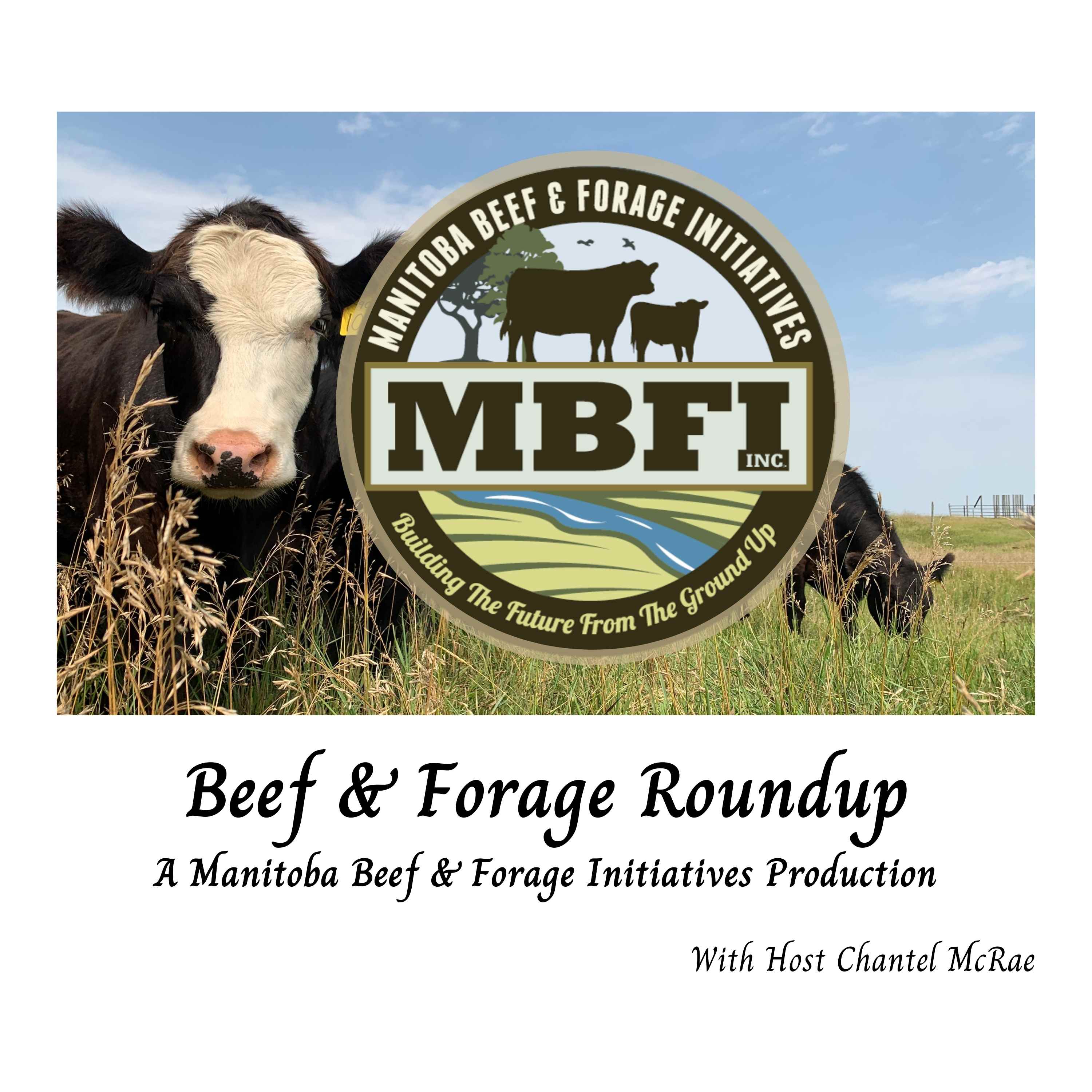- After-Shows
- Alternative
- Animals
- Animation
- Arts
- Astronomy
- Automotive
- Aviation
- Baseball
- Basketball
- Beauty
- Books
- Buddhism
- Business
- Careers
- Chemistry
- Christianity
- Climate
- Comedy
- Commentary
- Courses
- Crafts
- Cricket
- Cryptocurrency
- Culture
- Daily
- Design
- Documentary
- Drama
- Earth
- Education
- Entertainment
- Entrepreneurship
- Family
- Fantasy
- Fashion
- Fiction
- Film
- Fitness
- Food
- Football
- Games
- Garden
- Golf
- Government
- Health
- Hinduism
- History
- Hobbies
- Hockey
- Home
- How-To
- Improv
- Interviews
- Investing
- Islam
- Journals
- Judaism
- Kids
- Language
- Learning
- Leisure
- Life
- Management
- Manga
- Marketing
- Mathematics
- Medicine
- Mental
- Music
- Natural
- Nature
- News
- Non-Profit
- Nutrition
- Parenting
- Performing
- Personal
- Pets
- Philosophy
- Physics
- Places
- Politics
- Relationships
- Religion
- Reviews
- Role-Playing
- Rugby
- Running
- Science
- Self-Improvement
- Sexuality
- Soccer
- Social
- Society
- Spirituality
- Sports
- Stand-Up
- Stories
- Swimming
- TV
- Tabletop
- Technology
- Tennis
- Travel
- True Crime
- Episode-Games
- Visual
- Volleyball
- Weather
- Wilderness
- Wrestling
- Other
The Carbon Cycle & Beef Production with Ed Bork
We are very excited to be talking with Dr. Edward Bork. In this episode, we dig into information on the study of greenhouse gasses and carbon cycling in beef production. Dr. Edward Bork is the Mattheis Chair in Rangeland Ecology in Management, and Director of the Rangeland Research Institute at the University of Alberta. He has been teaching and conducting research for more than 25 years on basic and applied topics, including integrated weed control, grazing systems, fire ecology, forage production, agro-forestry, and recently, the role of rangelands in providing alternative ecosystem goods and services, including carbon storage, greenhouse gas reduction and biodiversity retention. He has supervised 48 graduate students, including 11 PhD students. Dr. Bork maintains close ties with the agriculture industry, and has given numerous extension talks.Dr. Bork starts the episode with a brief explanation of what the carbon and methane cycles look like in different aspects of beef production, as well as the difference in the impact between carbon dioxide and methane when it comes to global warming. He continues with a definition and explanation of what carbon sources and what carbon sinks are and what the biogenic carbon cycle is, in order to familiarize listeners with common terms and components in the discussion of the carbon cycle in Canadian agriculture. From there, he discusses the global temperature changes that have been noticed over time and the concerns with this from a global perspective, as well as the impact this has for producers and consumers here in Canada, in terms of both negative, and unintended positive effects.We talk about the problems and challenges in how calculations for carbon sequestration and emissions are measured or monitored.Dr. Bork discusses the role and positive impact of grasslands, native prairies, wetlands and forest areas play in carbon sequestration, as well as the impacts of converting these lands to conventional ag practices, both in terms of carbon sequestration and other ecological goods and services.According to the Government of Canada website on Greenhouse Gas Emissions, Agriculture is rated 5th out of 7 sectors shown for the amount of emissions, and accounted for 10% of the total national emissions in 2020. Relatively speaking, the amount of global greenhouse gas emissions on an annual basis agriculture is responsible for a fairly small percentage of the total emissions. Dr. Bork shares why he thinks that the conversation seems to have such a focus on agriculture rather than other industries.https://www.canada.ca/en/environment-climate-change/services/environmental-indicators/greenhouse-gas-emissions.html#agriculture Dr. Bork also discusses the differences he sees between the impact of conventional agriculture versus regenerative practices, in terms of sequestration of carbon and practices producers can implement on their operations today to increase carbon sequestration. He also shares information on the benefits to producers of increasing soil carbon on their land.We talk briefly about carbon credits and opportunities in the carbon credit markets and wrap up the conversation with some discussion on what is next for this research and what still needs to be done.Dr. Bork welcomes your questions. Please contact him via email at: edward.bork@ualberta.ca Carbon Cycle & Beef Cattle, Beef Cattle Research Council, 2022, obtained Jan 13, 2023https://www.beefresearch.ca/topics/carbon-cycle-beef-cattle/ Greenhouse Gas Em

